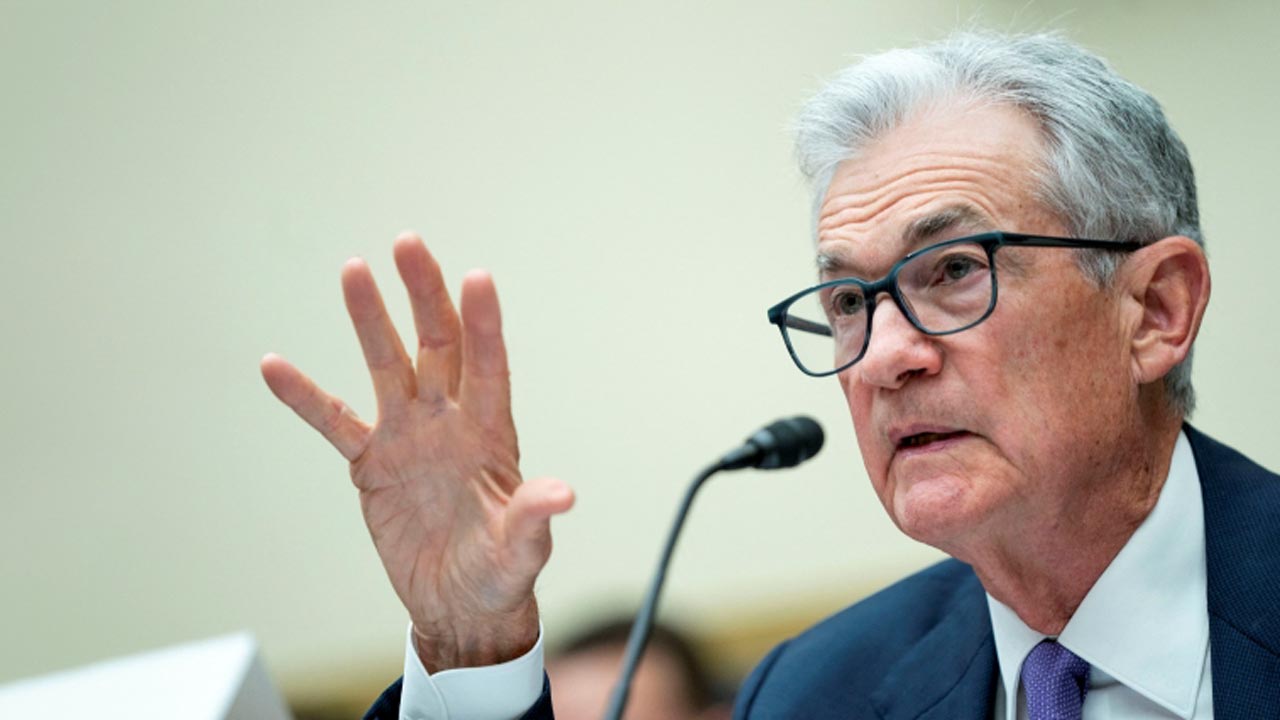The US Economy Doing Well WSJ Things Will Change Soon

On the 17th (local time), the Wall Street Journal (WSJ) reported that the solid US Economy Doing Well suggests that the U.S. Federal Reserve’s (Fed) monetary policy may not be as tight as expected, but this is not sustainable. It was diagnosed that it may be due to supply-side factors.
WSJ reporter Nick Timiraos said ahead of this week’s March Federal Open Market Committee (FOMC) meeting: “The resilient U.S. economy has undermined the argument that current monetary policy is too tight, but that could soon change.” “There is,” he diagnosed.
Reporter Timiraos is also called the Fed’s “unofficial spokesperson” because he is good at picking out the intentions of high-ranking officials at the Federal Reserve.
Many economic experts predicted that the U.S. economy would enter a recession last year, but the U.S. economy actually recorded a growth rate that exceeded the potential growth rate of 3.1% last year thanks to solid consumption and the employment market.
Minneapolis Federal Reserve Bank President Neel Kashkari said, “We thought we had both feet on the brakes, but in reality we may have only had one foot on the brakes. This may be why we haven’t seen enough of a decline in demand.” “He also diagnosed.
The Federal Reserve sharply raised the base interest rate to 5.25-5.50% to control inflation, the highest level in the past 20 years, but this means that the interest rate level may not have been high enough.
This serves as an argument for the Federal Reserve’s argument that there is no need to rush to cut interest rates until it is certain that the inflation rate is steadily slowing to the 2% target level.
On the other hand, reporter Timiraos cited recent remarks by Federal Reserve Chairman Jerome Powell and Philadelphia Federal Reserve President Patrick Harker, highlighting that Federal Reserve officials are concerned about the possibility of a sharp decline in demand.
Chairman Powell said at a previous press conference that the 3.1% growth rate last year appears to reflect temporary supply-side factors such as increased immigration and increased labor market participation, rather than demand-side factors.
Monetary policy influences the demand side of the economy, such as consumption and investment, by controlling interest rates, and the positive effect on the supply side, which is unrelated to monetary policy, has alleviated the burden of high interest rates.
At a press conference after the FOMC on January 31, Chairman Powell warned, “(Supply-side recovery) will not last forever,” and added, “If this situation is interrupted, the effect of (monetary) tightening could be even steeper.” Governor Harker diagnosed that the ‘sparkling effect’ of the pandemic stimulus package that supported demand is also losing strength.
He said that the strong consumption in recent years is because American consumers’ pockets have become fatter due to the pandemic stimulus package. “The recent increase in credit card debt suggests that consumers in the lower to middle income range are running out of money and are having difficulties.” “He pointed out. Reporter Timiraos said, “The difficulty of deciphering conflicting economic signals explains why Fed officials are so focused on inflation. If inflation slows, you can say, ‘Why should we keep interest rates high?’ But robust growth continues. “If that happens, it would be appropriate to ask, ‘Why do we need to lower the interest rate?’” he said.
Meanwhile, the Federal Reserve will hold an FOMC meeting on the 19th and 20th to decide on the direction of monetary policy. While expectations are high that the Federal Reserve will begin cutting interest rates after June of this year, market participants are expecting that the Federal Reserve will give additional hints about the timing and number of future interest rate cuts after this meeting.
See More:
Musk’s SpaceX Expands Spy Satellites 2 Trillion Won Contract With U.S. Government
OpenAI Video Generation AI Sora Will Be Available To The Public Within This Year
EU Approves World’s First AI Regulation Law Fines For Collecting Biometric Information




Leave a Comment